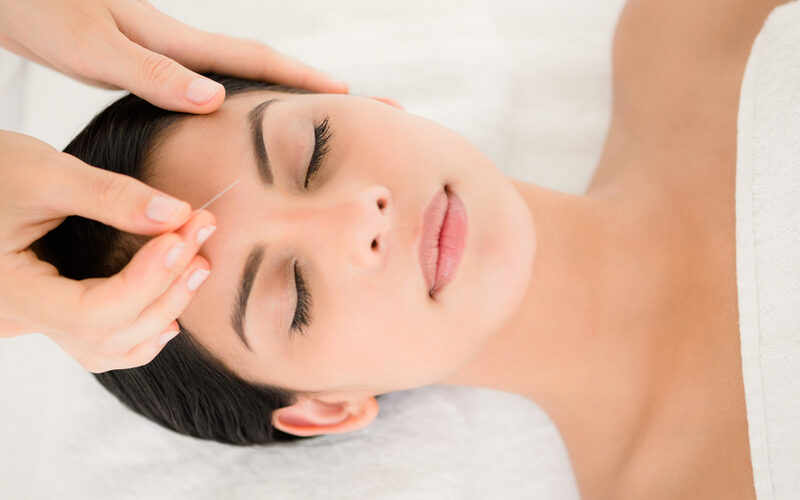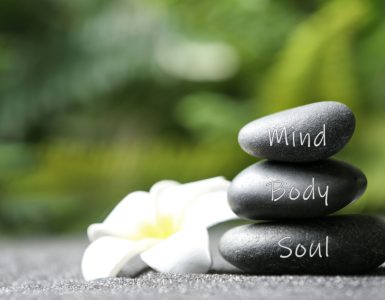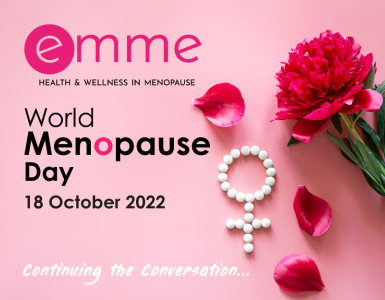By Colette Assor Lic Ac MBAcC AFN Accredited Acupuncturist
There is no defined timeline peri menopause and menopause, it can happen when we are least expecting it, such as Primary ovarian insufficiency (POI), also known as premature ovarian failure, which can happen before your 40s.
Menopause is the name given to the last menstrual period, it is when a woman’s ovaries stop producing eggs, when her periods begin to stop and when her hormone levels change. Typically it happens between the ages of 47 and 53, however peri menopause can start 8-10 years before this.
Here acupuncturist, Colette Assor, shares more on how acupuncture can help
During peri menopause and menopause many women turn to natural medicine to support hot flushes, night sweats, irritability, sleepless nights and other debilitating menopausal symptoms.
Acupuncture, a branch of Traditional Chinese Medicine (TCM), is a very popular treatment used amongst women all over the world.
A research study from the department of integrated health at University of Westminster suggests UK women are more affected by the menopause than those in other countries due to stress, or other cultural or environmental influences.
The results reported in the the Climacteric Journal suggest that women in London were more likely to experience a wider range of menopausal symptoms than those in cities in the USA, Canada, Japan and China.
Chinese and Japanese women suffered the least menopausal symptoms with British women suffering the most, Americans were somewhere in the middle.
In China, menopause is viewed very much as a normal life transition, with many women taking herbs, dietary changes and having acupuncture treatment as part of their daily lives.
Traditional Chinese medicine (TCM) is rooted in the theory of yin and yang, the idea that all things are composed of two opposite forces. When those forces are in balance, says TCM, the body is healthy. The menopause is a time where yin naturally becomes depleted. The Kidneys store the jing, or vital essence, which naturally declines as we age. We all enter the world with a fixed amount of jing, which can’t be replenished once it’s depleted. The TCM approach to treating perimenopause usually involves tonifying the Kidneys and regulating the Liver.
TCM views working long hours, poor diet and high stress levels as further depleting yin leading to an upset of the body’s natural equilibrium.
Traditional acupuncture takes a holistic approach to menopause and regards disease as a sign that the body is out of balance. In TCM menopause is recognized as an aging process that is due mainly to the depletion of kidney yin energy.
According to the Nei jing, an ancient Chinese medical text, when a woman ages, the body’s yin energy starts to deplete.
The exact pattern and degree of imbalance is unique to each individual. The traditional acupuncturist will also take a look at your diet, lifestyle and emotional health.
The skill of the acupuncturist lies in identifying the root of the problem and selecting the most effective treatment. The choice of acupuncture points is unique to each patient’s needs.
Menopause is a stage during a woman’s life when it is really important to practise radical self -care and nurture and nourish mind and body
There is an increasing weight of evidence from western scientific research demonstrating the effectiveness of acupuncture Source (The British Acupuncture Council)
From a bio medical viewpoint. Acupuncture is believed to stimulate the nervous system, influencing the production of hormones and neurotransmitters. The resulting bio -chemical changes stimulate the body’s natural healing abilities promoting physical and emotional wellbeing.
There has been lots of research on the effectiveness of acupuncture for menopause.
One study published in the British Medical journal states that a brief course of acupuncture may help ease menopausal symptoms.
Among women dealing with moderate to severe symptoms acupuncture was associated with reductions in hot flushes, excess sweating, mood swings, sleep disturbances and hair problems. The findings prompt the researchers to conclude that acupuncture offers a “realistic “treatment option for women who can’t, or don’t want to use hormone replacement therapy (HRT).
Colette Assor is an accredited Acupuncturist, with a postgraduate diploma in the treatment of menopause.
The British Acupuncture Council is the Leading self -regulatory body for Traditional Acupuncture in the UK. All members have completed degree level training and abide by a strict code of conduct and professional ethics. To find an acupuncturist in your area: https://acupuncture.org.uk/find-an-acupuncturist/
Have you gone through early menopause? Have you used acupuncture to help you through peri menopause or menopause? We would love to hear from you at [email protected] to help and inspire others
















